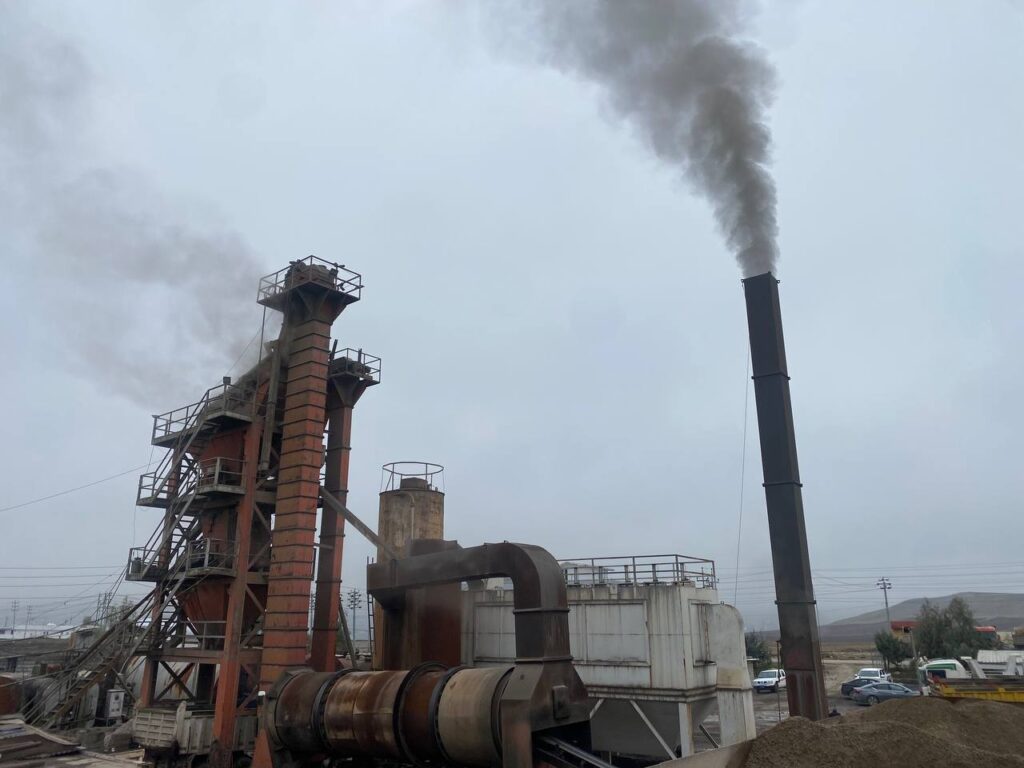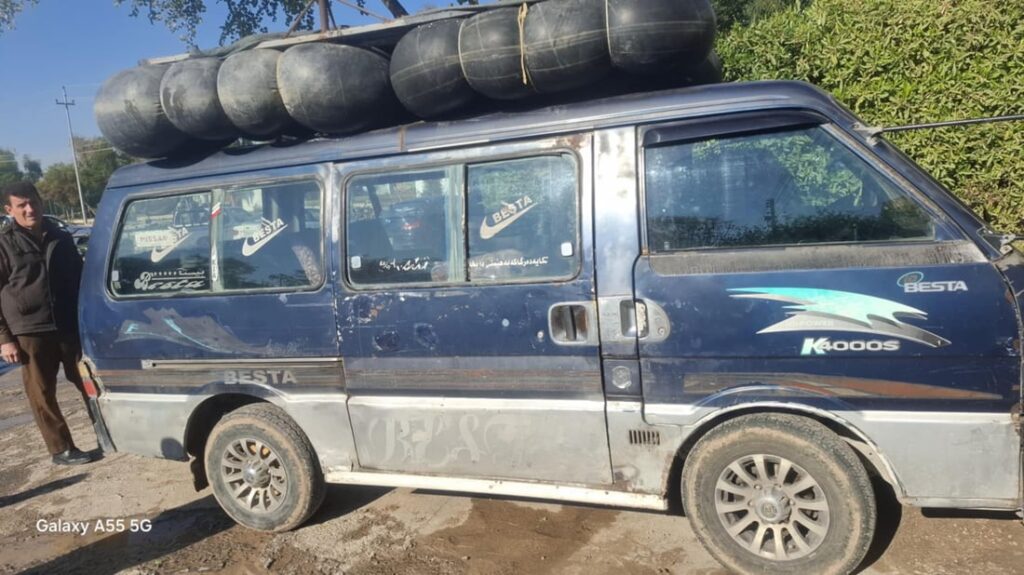Iran’s Khamenei replaces IRGC chief after US terror designation

ERBIL, Kurdistan Region – Mohammad Ali Jafari, commander-in-chief of Iran’s powerful Islamic Revolutionary Guard Corps (IRGC), has been replaced by the country’s supreme leader Ayatollah Ali Khamenei, state media reports.
Hossein Salami has been appointed as his replacement.
It comes days after the US designated the guards as a foreign terrorist organization.
In a statement released to state media, Khamenei thanked Jafari for his service and promoted Salami as the new commander-in-chief. The wording of the letter appears to suggest Jafari himself requested the change of leadership.
“Brigadier General Hussein Salami ... As I promote you to the position of General, I assign you the commander of the Islamic Revolutionary Guards Corps,” Khamenei said in the letter, published by the state-run IRNA news agency.
It said he was appointed based on his experiences and roles in various “revolutionary” and popular activities of the IRGC.
It thanked the outgoing commander Jaafari for a “decade” of service, but added that the decision was taken because of the outgoing commander expressed the “need to make changes in the commandership of” the IRGC.
The IRGC is a paramilitary organization answering only to the Ayatollah. It was formed during Iran’s 1979 Islamic Revolution and operates independently of the regular armed forces.
Washington has accused the IRGC and its extraterritorial Quds Force of “actively engaging in terrorism” while it “masquerades as a legitimate military organization.”
The US designation of the IRGC as a terrorist organization, which took effect on April 15, saw IRGC assets frozen in areas under US jurisdiction and Americans banned from doing business with the organization.
Tehran responded by designating US Central Command (CENTCOM) as a foreign terrorist organization.
The move takes US policy in the Middle East into uncharted territory, as unlike other groups on the US terror list the IRGC is effectively a state entity.
US President Donald Trump pulled the US out of the 2015 Iran nuclear deal in May 2018, arguing the agreement did not prevent Tehran from developing nuclear capabilities and did not stop it from interfering in regional conflicts.
Washington imposed a raft of sanctions targeting Iran’s economy, particularly its oil and banking sectors. The measures wiped 60 percent off the value of Iran’s currency, squeezing ordinary Iranians.
The IRGC is deeply enmeshed in the Iranian economy, its national politics, and foreign affairs. Its engineering wing Khatam al-Anbiya, which is already blacklisted by the US Treasury Department, is heavily engaged in Iran’s construction, infrastructure, oil and gas, and agricultural sectors, and even its missile defense systems.
Moving against the IRGC could lead to problems for American diplomats and businessmen. It also raises the probability of armed conflict.
This is a developing story… Updated 7.43 p.m.



